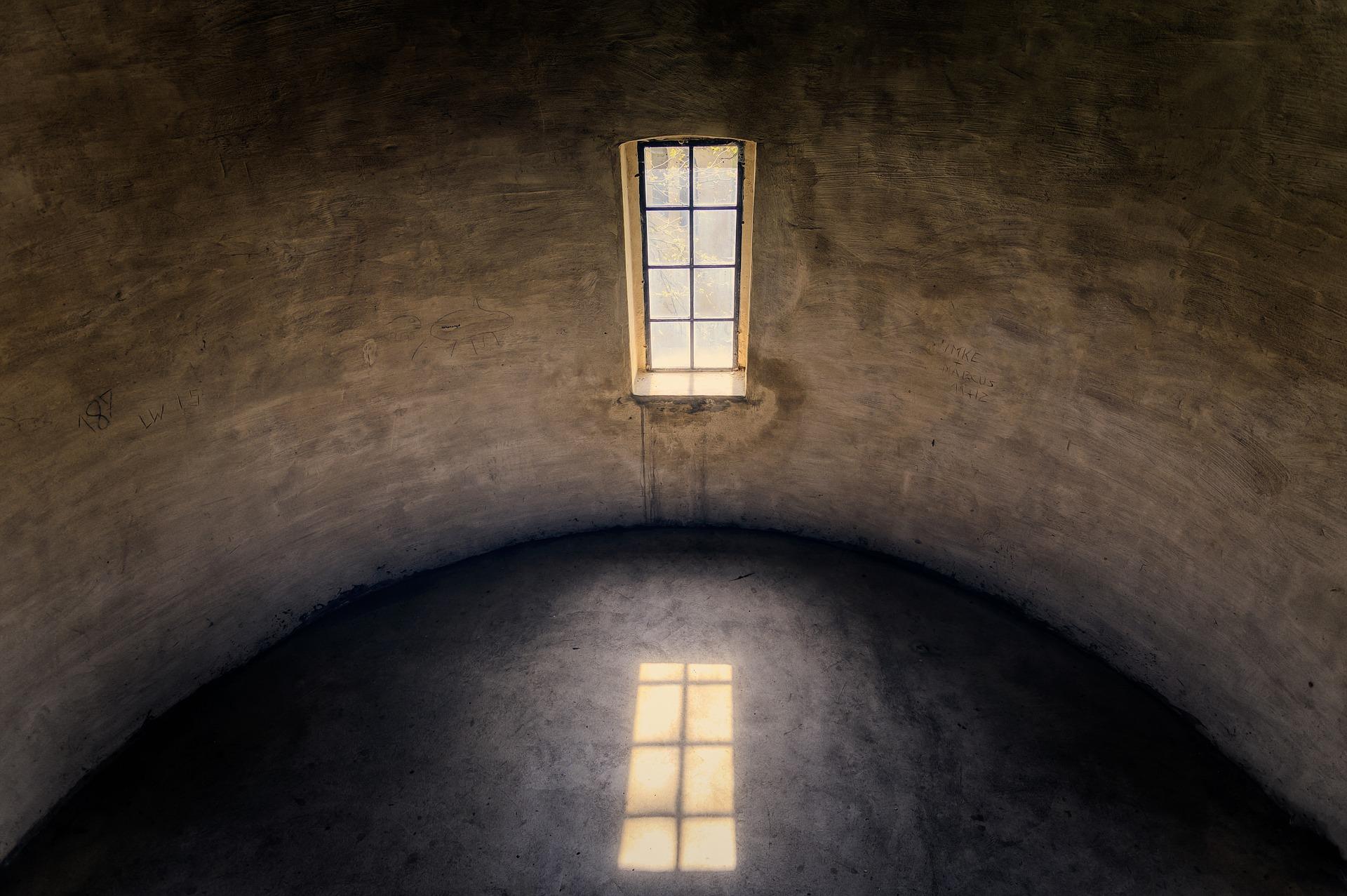
In a world driven by consumerism and materialism, the concept of minimalism has gained significant attention. The minimalist lifestyle promotes a deliberate reduction in material possessions, focusing on simplicity, intentionality, and the pursuit of experiences over material accumulation. Beyond its appeal as a way to declutter our physical spaces, minimalism offers a sustainable pathway towards a more balanced and environmentally conscious existence. In this article, we will explore how adopting a minimalist lifestyle can contribute to sustainability and why it is becoming increasingly relevant in the modern world.
At its core, minimalism encourages us to question the constant desire for more and shift our perspective on what truly brings value and happiness to our lives. By consciously reducing our consumption and decluttering our physical surroundings, we not only free ourselves from the burden of excess possessions but also reduce our ecological footprint.
One of the keyways in which minimalism promotes sustainability is through the reduction of waste. In a consumer-driven society, the demand for products leads to excessive production and waste generation. By adopting a minimalist lifestyle, we actively resist the urge to constantly acquire new possessions, thereby reducing the amount of waste that ends up in landfills. By carefully considering our purchases and prioritizing quality over quantity, we can invest in items that are durable and designed to last, reducing the need for frequent replacements and contributing to a circular economy.
Minimalism also encourages mindful consumption and conscious consumer choices. It invites us to critically evaluate our needs versus wants and make intentional decisions about the products we bring into our lives. By embracing minimalism, we become more aware of the social and environmental impact of our purchases, considering factors such as ethical sourcing, fair trade practices, and environmental sustainability. This shift in mindset can drive demand for eco-friendly and responsibly produced goods, creating a positive ripple effect throughout the supply chain.
In addition to reducing waste and promoting conscious consumption, minimalism fosters a more sustainable use of resources. By embracing simplicity, we consume less, which in turn reduces our demand for natural resources. The production of goods, from raw material extraction to manufacturing, consumes significant amounts of energy and water, often leading to environmental degradation. By minimizing our consumption and making deliberate choices, we reduce the strain on natural resources and contribute to the preservation of ecosystems and biodiversity.
Furthermore, minimalism extends beyond the physical realm and encompasses other aspects of our lives, such as time, energy, and mental well-being. By simplifying our lives and letting go of unnecessary distractions, we create space for meaningful experiences, personal growth, and the cultivation of relationships. This shift from material pursuits to experiences promotes a more fulfilling and balanced life, reducing our reliance on consumerism as a source of happiness. In turn, this reduced focus on material possessions lessens the pressure to constantly chase after more, fostering contentment and reducing the strain on the planet's resources.
Another important aspect of minimalism is its emphasis on decluttering and organizing our physical spaces. By embracing simplicity and removing the excess, we create an environment that is more conducive to mindful living. A clutter-free space not only brings a sense of calm and clarity but also reduces the need for excessive cleaning and maintenance. By reducing our reliance on material possessions, we can allocate our time and energy to more meaningful activities, such as pursuing our passions, engaging with our communities, and making a positive impact on the world around us.
To adopt a minimalist lifestyle, it is essential to start with self-reflection and a shift in mindset. It requires a conscious decision to break free from societal pressures and redefine our definition of success and happiness. Embracing minimalism is a gradual process, and it looks different for each individual. It may involve decluttering our physical spaces, reassessing our consumption patterns, and developing a

Recommended Comments
Join the conversation
You are posting as a guest. If you have an account, sign in now to post with your account.
Note: Your post will require moderator approval before it will be visible.